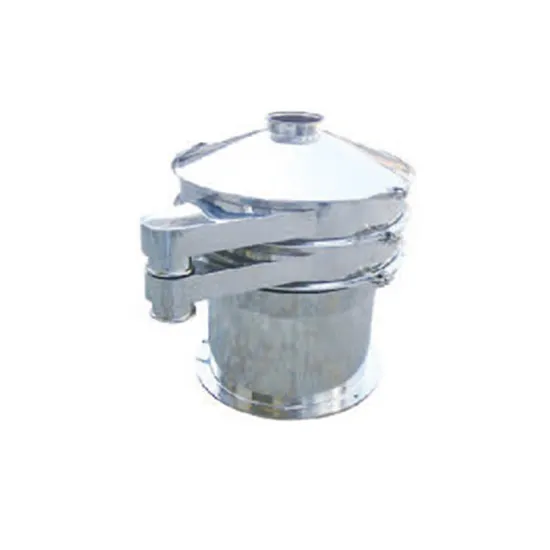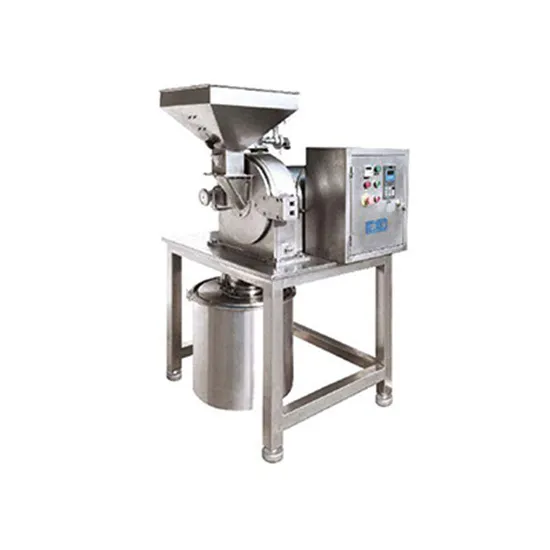NEWS
Cement Mixers: The Backbone of Industrial Mixing Machinery
Sep 17,2023
Introduction:
Cement mixers are indispensable machines in the manufacturing and processing machinery industry, specifically within the realm of mixing equipment. In this article, we will delve into the inner workings of cement mixers, explore their functions, and shed light on their importance in various industrial processes.
1. What are Cement Mixers?
Cement mixers, also known as concrete mixers, are specialized machines designed to blend cement, sand, gravel, and water to create consistent and uniform concrete mixtures. These mixers come in various sizes, ranging from portable models used in construction sites to large stationary units employed in industrial settings.
2. How do Cement Mixers Work?
Cement mixers employ a rotating drum or container to combine the raw materials and facilitate the mixing process. The drum contains blades or paddles that effectively churn and agitate the ingredients, ensuring that all components are evenly distributed. Depending on the type of mixer, the drum may rotate in one direction or alternate between clockwise and counterclockwise movements.
3. Types of Cement Mixers:
a. Drum Mixers: These are the most common type of cement mixers, featuring a rotating drum that continuously mixes the materials. Drum mixers can either be tilted to pour the mixture or equipped with a chute for direct discharge.
b. Twin-Shaft Mixers: These mixers consist of two synchronized horizontal shafts with mixing blades. They are highly efficient and suitable for large-scale projects.
c. Vertical Axis Mixers: Unlike drum and twin-shaft mixers, these models have a vertical axis and use gravity to mix the materials. They are particularly useful for specialized applications.
4. Importance in Industrial Processes:
Cement mixers play a vital role in industrial processes that require consistent and homogeneous mixtures. They are extensively used in the production of concrete for construction projects, including buildings, bridges, and roads. Moreover, cement mixers are utilized in the manufacturing of various precast concrete products such as pipes, blocks, and panels.
5. Advancements in Cement Mixer Technology:
Over the years, cement mixers have undergone significant advancements to enhance their efficiency and functionality. Modern mixers often feature automated controls, allowing operators to precisely monitor the mixing process. Additionally, some mixers are equipped with special coatings or linings to resist abrasion and extend their lifespan.
Conclusion:
Cement mixers are pivotal in the manufacturing and processing machinery industry, particularly in the field of mixing equipment. Their ability to blend cement, sand, gravel, and water accurately and consistently makes them crucial in the production of concrete for construction projects. As technology continues to evolve, cement mixers will undoubtedly undergo further improvements, ensuring their continued contribution to the industrial sector.
Cement mixers are indispensable machines in the manufacturing and processing machinery industry, specifically within the realm of mixing equipment. In this article, we will delve into the inner workings of cement mixers, explore their functions, and shed light on their importance in various industrial processes.
1. What are Cement Mixers?
Cement mixers, also known as concrete mixers, are specialized machines designed to blend cement, sand, gravel, and water to create consistent and uniform concrete mixtures. These mixers come in various sizes, ranging from portable models used in construction sites to large stationary units employed in industrial settings.
2. How do Cement Mixers Work?
Cement mixers employ a rotating drum or container to combine the raw materials and facilitate the mixing process. The drum contains blades or paddles that effectively churn and agitate the ingredients, ensuring that all components are evenly distributed. Depending on the type of mixer, the drum may rotate in one direction or alternate between clockwise and counterclockwise movements.
3. Types of Cement Mixers:
a. Drum Mixers: These are the most common type of cement mixers, featuring a rotating drum that continuously mixes the materials. Drum mixers can either be tilted to pour the mixture or equipped with a chute for direct discharge.
b. Twin-Shaft Mixers: These mixers consist of two synchronized horizontal shafts with mixing blades. They are highly efficient and suitable for large-scale projects.
c. Vertical Axis Mixers: Unlike drum and twin-shaft mixers, these models have a vertical axis and use gravity to mix the materials. They are particularly useful for specialized applications.
4. Importance in Industrial Processes:
Cement mixers play a vital role in industrial processes that require consistent and homogeneous mixtures. They are extensively used in the production of concrete for construction projects, including buildings, bridges, and roads. Moreover, cement mixers are utilized in the manufacturing of various precast concrete products such as pipes, blocks, and panels.
5. Advancements in Cement Mixer Technology:
Over the years, cement mixers have undergone significant advancements to enhance their efficiency and functionality. Modern mixers often feature automated controls, allowing operators to precisely monitor the mixing process. Additionally, some mixers are equipped with special coatings or linings to resist abrasion and extend their lifespan.
Conclusion:
Cement mixers are pivotal in the manufacturing and processing machinery industry, particularly in the field of mixing equipment. Their ability to blend cement, sand, gravel, and water accurately and consistently makes them crucial in the production of concrete for construction projects. As technology continues to evolve, cement mixers will undoubtedly undergo further improvements, ensuring their continued contribution to the industrial sector.
More News










